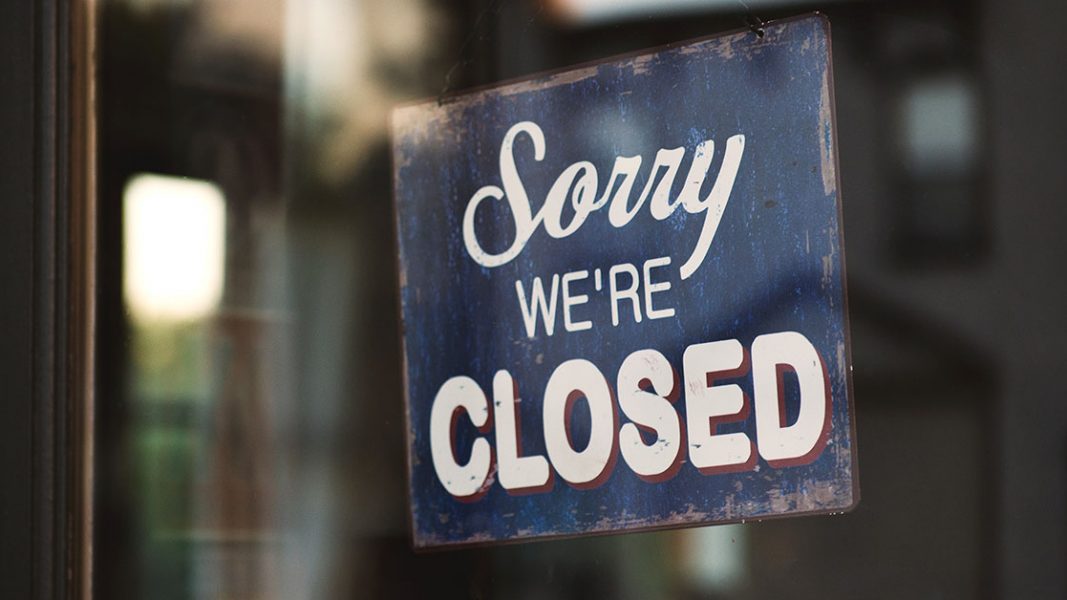Australian stationery retailer, Kikki K, are the latest victim to the group of falling retail chains after news was released yesterday that the company was facing voluntary administration. While the stores and online shopping currently remain open to customers, the future of almost 500 jobs is uncertain.
The swedish-design company was founded by Kristina Karllson in 2001 and has 65 stores across Australia, New Zealand, Hong Kong, Singapore, and the UK. However, the company has shut the doors of 35 stores since 2017, suggesting the retailer may have been struggling for some time. Paul Lacy, CEO of Kikki K, commented in a statement that the recent impacts of the coronavirus, bushfires, and low consumer spending have all negatively contributed to the company’s profits. Internationally, Lacy said the UK stores have also been impacted by the Brexit fallout, whilst Hong Kong saw the effects of prolonged city wide protests.
Kikki K are not the only company in the retail sector which have been struggling to get consumers through their doors in recent months. The company will now join other shopping-centre companies Ishka, Bardot, Harris Scarfe, and Colette by Colette Hayman, which have all been placed into voluntary administration over the past few months, suggesting the coronavirus isn’t entirely to blame for this trend.
On the ASX, similar well known ‘shopping-centre’ retailers include Lovisa, Myer, Noni B, City Chic, Kathmandu, JB Hi-Fi, and Harvey Norman. Many of these stocks have been hit especially hard over the past two weeks when compared to the XJO, with JB Hi-Fi the only one amongst this group to have fallen less than the index, down 13.8% compared to 14.9%. On the other end of the spectrum, Mosaic Brands (Noni B, Millers, Rivers) have dropped about 47%, with the remaining names mentioned down between 25-30% since the 24th of February.
The fall of retail stocks has also been similarly apparent in international markets where Nordstrom (-30%) and Macy’s (-37%) have been knocked significantly more than the New York Exchange (-16%) over the same time period.
A report by KPMG reported that 2019 was the worst year for retailers in 28 years, suggesting shifts in consumer buying behaviour were a significant factor. However, online retailers have not been immune either, with Kogan (ASX: KGN) and Temple and Webster (ASX: TPW) down roughly 18% and 27% respectively.
According to the Australian Bureau of Statistics (ABS), retail spending was down 0.3% for the December period after seasonal adjustments. While CPI was up 0.7%, ‘clothing and footwear’ and ‘furnishings, household equipment and services’’ were both down 0.3%, and women’s garments down a considerable 2.8% for the December quarter. Myer also noted disappointing womenswear sales over their H120 period.
With the recent difficulties plaguing Australian retailers, combined with future fears of widespread quarantines and the possibility of a recession – its not a good time to be in the industry. We know 2020 is going to be a tough financial year for many, but for retailers it’s all about survival.
- This small biotech is the definition of a quiet achiever, here’s why it might be time to tune in - November 25, 2021
- New CEO flags 100-day plan for Crowd Media’s conversational AI platform - October 19, 2021
- Healthia emerges as largest physiotherapy provider with $88m acquisition, more growth still to come - September 22, 2021













Leave a Comment
You must be logged in to post a comment.